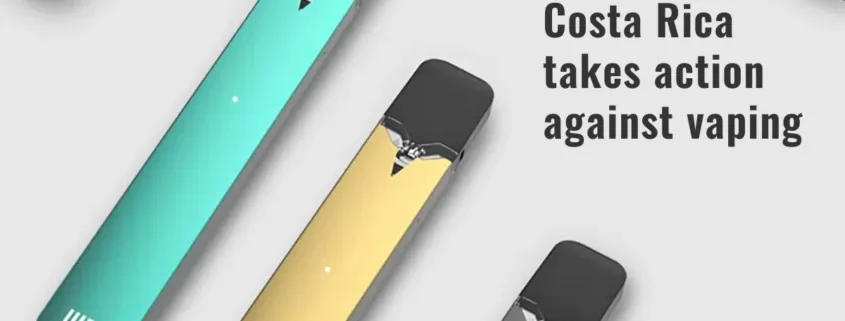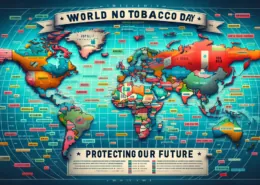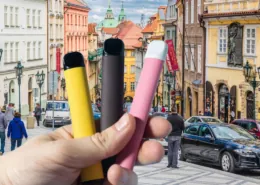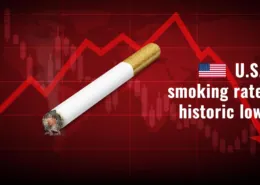Costa Rica Implements Stringent Vaping Regulations
Costa Rican health authorities have taken a decisive step to address the growing health risks associated with vaping by introducing new regulations under Law 10.066. The law strictly prohibits vaping in various public spaces, including health centers, workplaces, educational institutions, shopping centers, casinos, nightclubs, discotheques, bars, restaurants, hotels, and sports facilities. The regulations also mandate clear signage in areas where vaping is banned, ensuring that the public is well-informed about the restrictions.
Vaping-Related Disorders Skyrocket
The Costa Rican Social Security Fund (CCSS) has reported an alarming increase in vaping-related disorders, with cases surging from 13 in 2021 to 78 in 2022, and then to a staggering 1,456 in 2023. This worrying trend affects not only youth but also adults, highlighting the widespread impact of vaping on public health.
Health Minister Mary Munive has expressed grave concerns about the growing health risks associated with vaping, citing reports from the National Poisoning Center, which handles significant intoxication cases. In 2023 alone, the CCSS recorded 14 cases of vaping-related intoxication, with nine minors affected, and seven requiring hospitalization. Munive has described the devices as “toxic” and cautioned that they can cause severe health issues, ranging from pulmonary damage to kidney problems.
Experts warn that the effects of vaping can include respiratory difficulties, tachycardia, chronic cough, nausea, vomiting, anxiety, and even hallucinations. The flavors used in vaping products, such as “strawberry,” “passion fruit,” and “mango,” may create a false sense of safety, but in reality, these products can have serious health implications.
Vaping Infiltrates Schools
Vaping has become increasingly popular among young people, with disturbing reports indicating its presence in schools. Dr. Gabriela Rojas from the Institute on Alcoholism and Drug Dependence (IAFA) reveals that students are selling vapes on school grounds, taking advantage of their varied sizes and resemblance to school supplies. Despite their appeal, Dr. Rojas emphasizes that these electronic cigarettes are far from harmless, with their flavorings containing harmful chemicals.
The ease with which vaping devices can be transported and their similarity to other supplies has prompted calls for stricter admission protocols in schools. Reports suggest that students are not only selling vapes but also charging their peers for a puff, further fueling the vaping epidemic among young people.
Zeanne Gonzalez from IAFA explains that the tobacco industry has cleverly marketed these products, using technology, attractive colors, and various flavors to target underage individuals. As a result, teachers must remain vigilant and proactive in combating this growing issue.
Conclusion
Costa Rica’s implementation of new vaping regulations underscores the government’s commitment to protecting public health and addressing the rising concerns associated with vaping. By prohibiting vaping in public spaces and mandating clear signage, the authorities aim to reduce exposure to the harmful effects of vaping and raise awareness about its potential risks.
As the vaping epidemic continues to affect both youth and adults, health authorities, educational institutions, and the public must work together to combat this growing problem. Through increased vigilance, education, and strict enforcement of regulations, Costa Rica can take significant strides towards safeguarding the health and well-being of its citizens.
News source: Costa Rica Enforces New Vaping Regulations to Combat Health Risks
- HHC Vapes: What Are They & Are They Safe? - July 31, 2025
- Cannabis and Vape Shop Workers Rank Happiest in Nation - July 31, 2025
- Richmond, VA, Restricts New Vape & Tobacco Shop Locations - July 31, 2025









